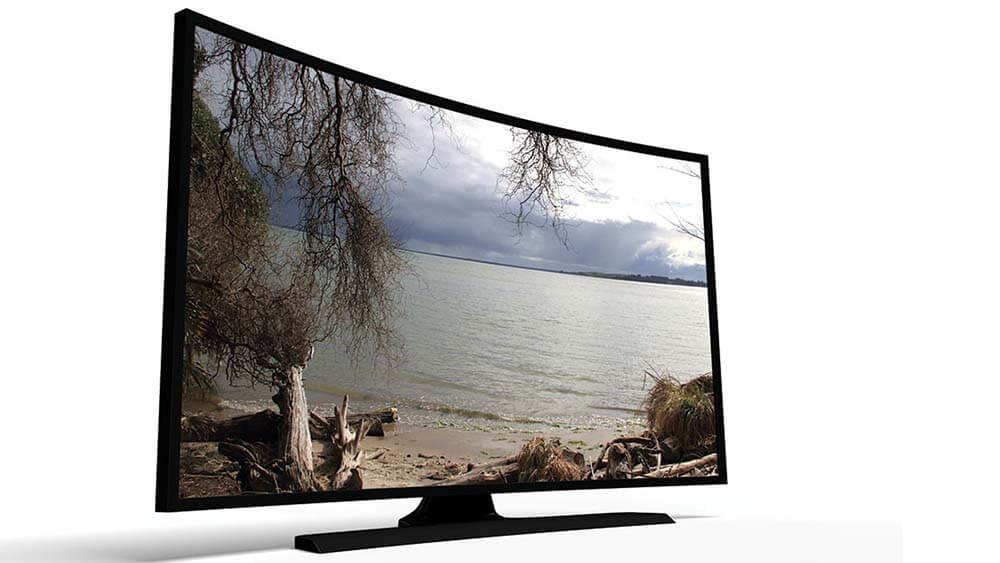
A study found that the thinking of participants who engaged with a larger computer screen was enhanced compared to those using a smaller screen.
If you want to have big ideas, you might want to think about getting a bigger computer screen. That recommendation is based on a series of studies conducted by Robert Ball, an associate professor of computer science at Weber State University in Ogden, Utah, whose research focuses on human-computer interaction.
When Ball compared study participants working on large, high-resolution screens with those working on smaller screens, he found that the large displays increased participants’ ability to engage in higher-order thinking and to achieve broader insights compared with those working on smaller screens. On challenging tasks like pattern finding, larger screens improved performance by 200 to 300 percent. There was no correlation between the preferences of the users for the size of the screen and how well they did — every study participant who engaged with a larger screen found that their thinking was enhanced.
There are a number of reasons why that’s the case, writes Annie Murphy Paul in her book, The Extended Mind: The Power of Thinking Outside the Brain. A larger screen allows us to access more information by way of our peripheral vision, allowing us to gather more information more easily and keep more of it in mind. And when we use larger screens, minimizing the need for scrolling and clicking, we outsource some of the work of navigating our mental information maps. “Smaller displays … encourage a narrower visual focus and consequently more limited thinking,” Paul writes. “The use of a compact display actively drains our mental capacity.”
That’s enough to make me wonder about the impact of the size of screens at both in-person and digital events. Last November, when AMC Theatres announced a partnership with Zoom to allow users to book blocks of times to host company meetings projected onto theater screens between movie showings, it was widely mocked as a random concept. But, given the research on the impact of supersized screens, it seems like it’s worth a try. And at the very least, it’s a big idea.
Barbara Palmer is deputy editor at Convene.
Visit the Archive
Read past installments of Meetings and Your Brain.
